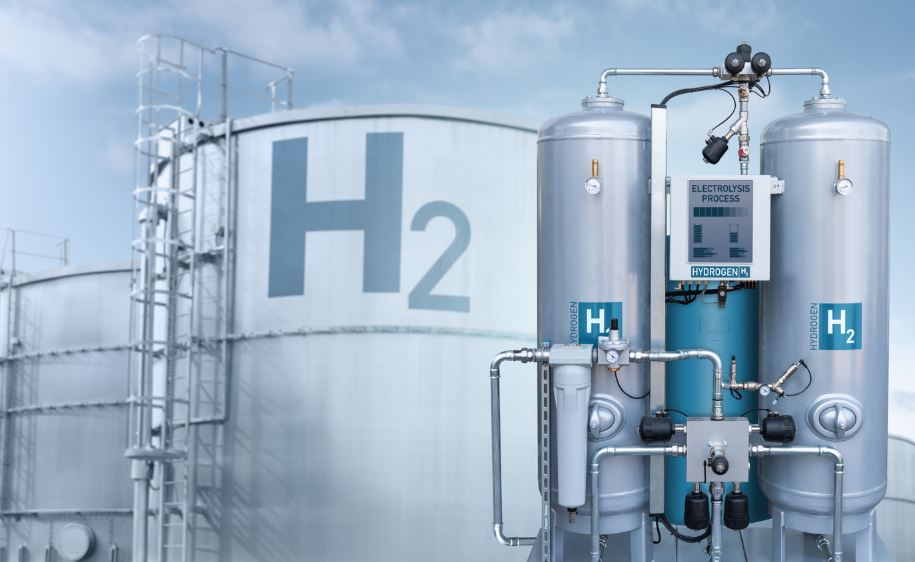Singapore will see its first hydrogen-compatible cogeneration plant come online in the first half of 2026, but investors warn that the broader economics of green hydrogen remain under strain.
The Sakra Cogen Plant, developed by Keppel, is positioned as a test case for hydrogen readiness in Asia’s power sector. Yet private equity players caution that without stronger regulatory frameworks, frontier clean-energy options such as green hydrogen and green ammonia risk lagging behind solar and wind in cost competitiveness.
I Squared Capital partner Shen Chenhua, whose firm holds equity in Canadian hydrogen developer HTEC, argued at a panel hosted by OCBC and the Energy Market Authority that the investment proposition for green hydrogen has weakened compared to earlier expectations. “We don’t think technology is a risk, but we do see regulatory framework as a risk, and we do see the economic liabilities and the long-term commitment from the market as a risk,” Shen said.
The divergence in policy support is central. Solar and wind scaled rapidly in the 2000s and 2010s underpinned by feed-in tariffs, which guaranteed developers a fixed, above-market price for renewable electricity supplied to the grid. These subsidies created bankability by offering predictable cash flows. By contrast, hydrogen projects in Southeast Asia have not been backed by comparable mechanisms. Shen noted that governments did not extend similar guarantees during the liberalisation of regional power markets or in early-stage hydrogen and ammonia rollouts, leaving developers exposed to volatility in both technology costs and off-take demand.
This absence of long-term support complicates the investment calculus. The business case for green hydrogen reaching price parity with solar and wind has not materialised, and forecasts now place competitiveness further out on the timeline. Analysts point out that while electrolyser costs are falling, they remain tied to electricity prices, making the economics highly sensitive to regional power tariffs. Without feed-in-style incentives or structured carbon pricing, hydrogen developers face difficulty securing financing on terms comparable to solar or wind projects.
Stay updated on the latest in energy! Follow us on LinkedIn, Facebook, and X for real-time news and insights. Don’t miss out on exclusive interviews and webinars—subscribe to our YouTube channel today! Join our community and be part of the conversation shaping the future of energy.





